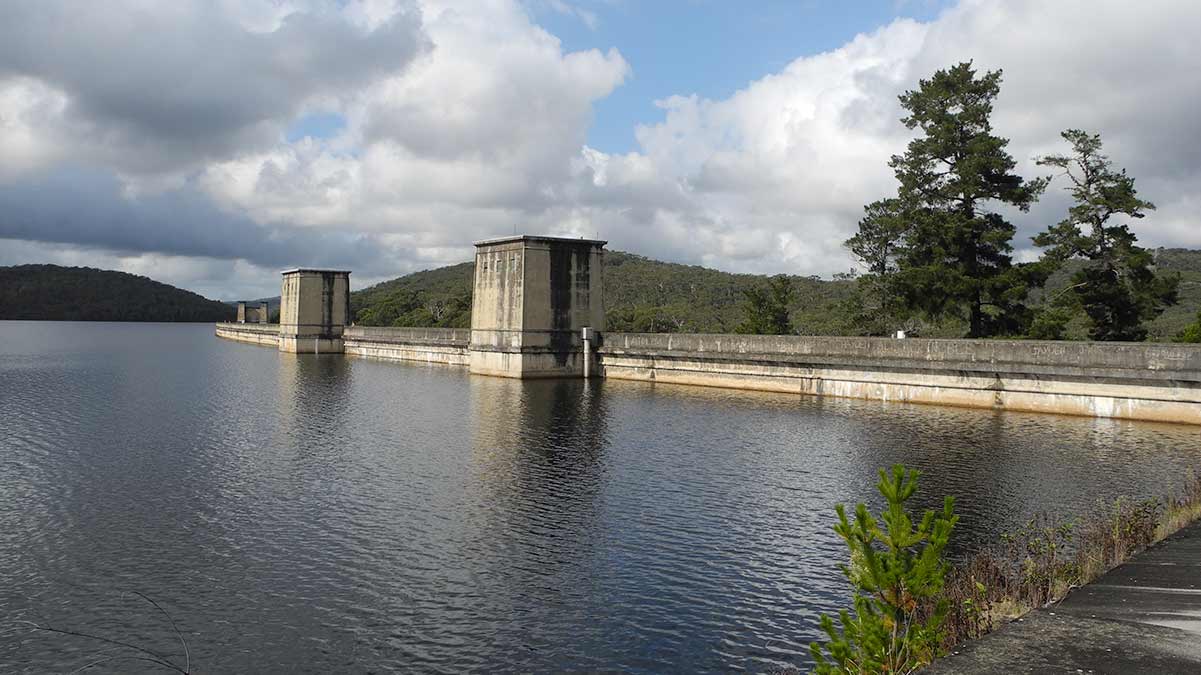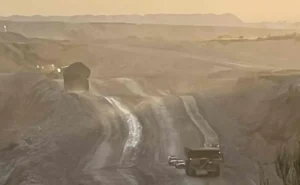The NSW Independent Planning Commission has rejected a proposal to expand a coal mine into regions under a major drinking water catchment, saying the project represented an unacceptable risks to key drinking water supplies.
South32 had sought approval to undertake a $956 million expansion of the Dendrobium coal mine into regions under the Avon and Cordeaux Dams, to extract an additional 78 million tonnes of coal from the mine.
The proposal had received the endorsement of the NSW Department of Planning, but after reviewing the proposal, the NSW Independent Planning Commission decided to reject the mine expansion, citing unmitigated impacts on water supplies for Sydney and the Illawarra region.
In rejecting the coal mine expansion, the Independent Planning Commission said the proposed works presented a risk of “long-term and irreversible damage” to Sydney’s drinking water catchment.
“The level of risk posed by the Project has not been properly quantified and based on the potential for long-term and irreversible impacts – particularly on the integrity of a vital drinking water source for the Macarthur and Illawarra regions, the Wollondilly Shire and Metropolitan Sydney – it is not in the public interest,” the Independent Planning Commission said.
“After careful examination of all the evidence and weighing all relevant considerations, the Commission has found that the longwall mine design put forward by South32 does not achieve a balance between maximising the recovery of a coal resource of State significance and managing, minimising or mitigating the impacts on the water resources and biodiversity and other environmental values of the Metropolitan Special Area.”
The planning commission said that it had received almost 2,000 written submissions in response to the proposed mine expansion, with around 55 per cent of all submissions expressing opposition to the plan.
In most cases, opposing submissions raised concerns about the impacts of the expanded coal mine on the surrounding environment and its potential impact on drinking water supplies. Most submissions in support of the expansion cited the potential economic benefits the mine could generate.
The planning commission said that the response to concerns raised by stakeholders from the mines owners, South32, was not sufficient to mitigate the risks that expanding the mine would pose to the drinking water catchment.
One of the strongest opponents was NSW government owned WaterNSW, which is charged with protecting the quality of the state’s water catchment areas and which told the planning commission that the expansion posed an unacceptable risk to water quality within the Avon and Cordeaux catchments.
In a statement to the ASX following the planning decision, South32, said that it would engage with stakeholders and planning authorities before releasing a further update about its plans.
South32 may appeal the decision to the NSW Land and Environment Court if it wishes to pursue the coal mine expansion.
Greenpeace Australia spokesperson Martin Zavan said the decision was “the right move”, and questioned the logic of the proposal given potential impacts on both the water catchment and the wider impacts of increased coal production.
“The Independent Planning Commission’s decision to block the expansion of a coal mine is clearly the right move but it is deeply troubling that this insane proposal came so close to becoming a reality,” Zavan said.
“This dangerous project would have risked contaminating a major source of drinking water for tens of thousands of Sydney residents, as well as contributed to the ongoing climate crisis.”
The rejection of the Dendrobium coal mine expansion follows earlier decisions from the Independent Planning Commission to block the development of the Bylong coal mine in the Hunter Region.
Both decisions follow a landmark decision of the NSW Land and Environment Court to deny planning approval for the Rocky Hill coal mine, a decision based on the project’s unacceptable environmental impacts and suggested that the contribution of coal to global greenhouse gas emissions could become a barrier to new mine approvals.










